Parents have revealed why they chose to send their children to a Gaelic speaking school in Perthshire and the benefits and opportunities it has opened up to their kids.
Mums Emma Allen-Crow and Ruth Birse both chose to send their children to Goodlyburn Primary School – a Gaelic medium education school in Perth, where P1-3 children are fully immersed in the language.
And in doing so, both mums – neither of whom speak Gaelic themselves – say there have been scores of benefits for their children, who are now bilingual.
Emma believes the long term benefits for her son include the ability to learn further languages in the future with ease.
Ruth says her daughter and son have been invited to perform at events which they otherwise might not have, opening up a whole new community.
Their views are backed up by professor of linguistics Antonella Sorace, of Edinburgh University, who says being bilingual has many advantages including aiding brain development.
A family tradition
Mum-of-three Emma chose to send her youngest son Cooper-Jae to the school after learning about it through word of mouth at a party.
Emma now lives in Forgandenny, Perthshire, but grew up on the island of Eigg, off the west Highland coast.
Although she does not speak Gaelic herself, her mother does and she wanted to keep the tradition of the ancient language going.
She said: “I wanted Cooper to have a different learning experience and the opportunity to become bilingual. He’ll be able to learn other languages much easier now.
“Having another language at such a young age can only benefit him.
“It’s lovely to watch him and mum having a conversation in Gaelic. She will ask him questions and he can answer them.”
As well as completing all his class lessons in Gaelic, Cooper has participated in sports classes through the school where instructions were in the language.
If my friend at the party hadn’t mentioned it, I would be none the wiser.”
Emma believes Gaelic medium education would grow in popularity with parents and children alike, if only more people knew about it.
She added: “I had to search it out and ask how to enrol my child into a Gaelic medium school – if my friend at the party hadn’t mentioned it, I would be none the wiser.”
A whole new community
Ruth McLean, of Stanley, Perthshire, always wanted her children to be bilingual at a young age and for them to attend a fully immersive school.
But through research she discovered that a Gaelic medium school was the only option for that type of education in Scotland and decided to take the plunge.
Ruth has two children at Goodlyburn Primary – her daughter Elizabeth is in P7 and her son James is in P5.
She said: “To me it’s a no-brainer, it’s a fantastic opportunity. It expands their brain in a way they’re not used to and opens opportunities they wouldn’t have otherwise.
“There are a lot of nationalities in school, there are kids that are bilingual already, so why not let our kids get involved too.”
Ruth says her children have performed at various Gaelic events and festivals throughout Scotland and formed close friendships within the Gaelic community.
She added: “It builds their confidence to be in this small, close-knit Gaelic environment, and it’s teaching them about their culture and heritage.
“It’s also really good for their brains to have two languages in there and be able to take in all that information.”
The research agrees
The University of Edinburgh’s professor of linguistics, Antonella Sorace, says all languages have linguistic and cognitive benefits.
Professor Sorace, who founded the university’s research and information centre Bilingualism Matters, said: “Bilingual education is always good, in any language.
“Having another language in the brain, regardless of what language it is, can potentially have many cognitive benefits.”
She adds that how widely used the language is has no bearing on the cognitive benefits gained from learning it, meaning learning Gaelic is just as beneficial to the brain as learning French or Spanish.
Prof Sorace continued: “Research shows that, for example, a bilingual child learns earlier that other people have different points of view and a better understanding of how language works.
“Once they learn how any language can work, they can learn other languages more easily – the literacy and learning to read in another language become easier.
“These cognitive benefits contribute towards brain development without being damaging, and help to create a bigger picture of cultural awareness.”
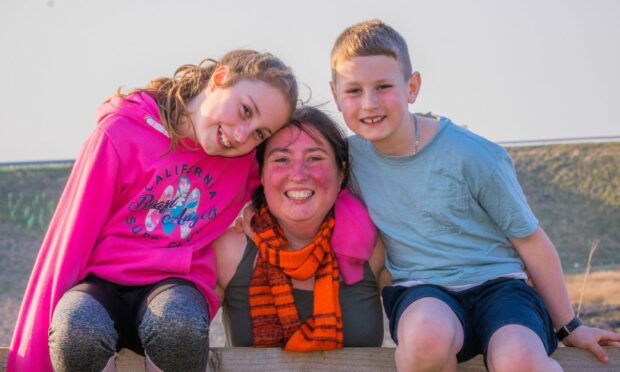
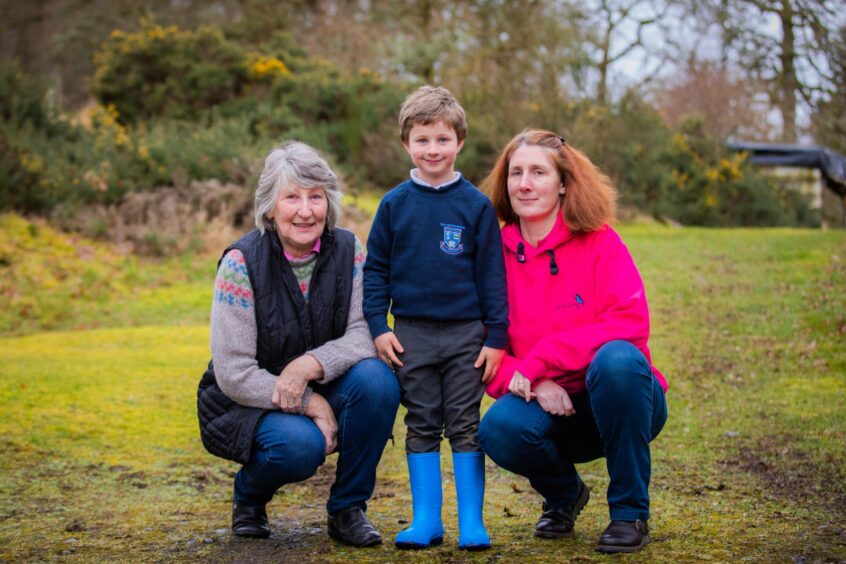
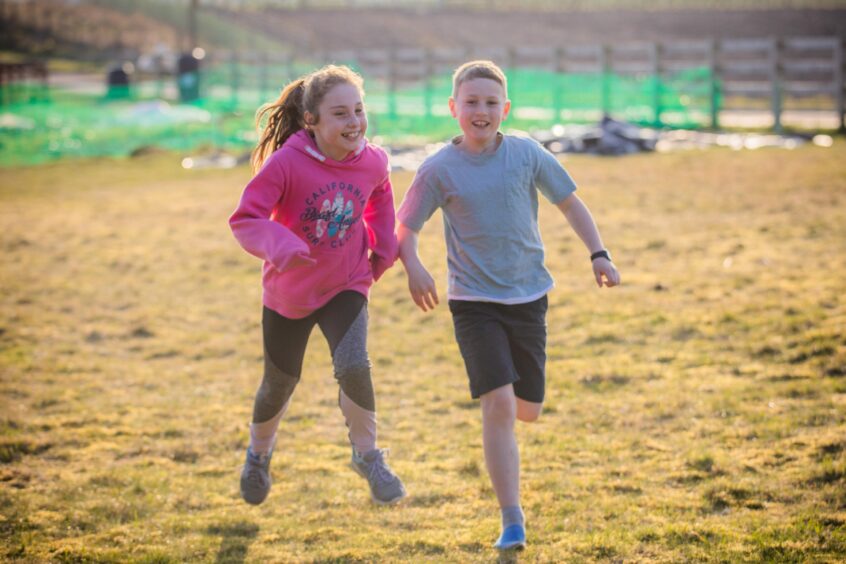
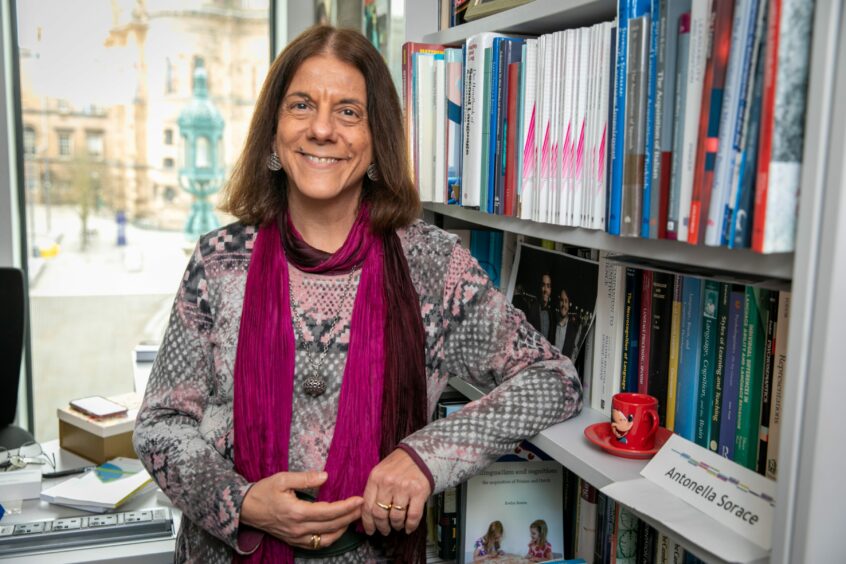

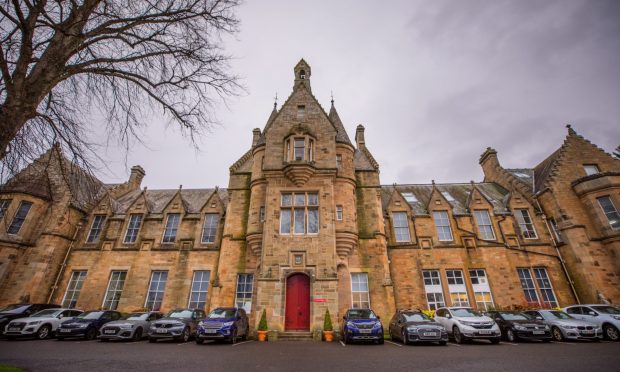


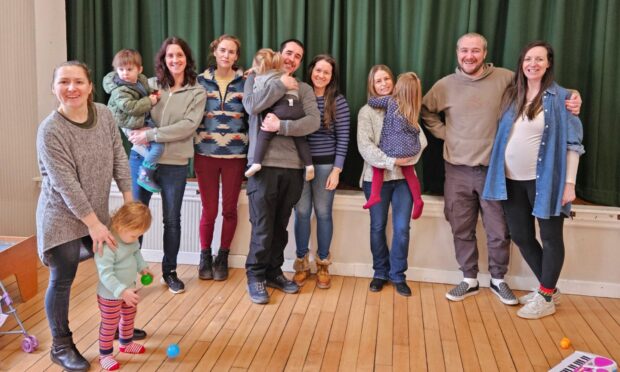
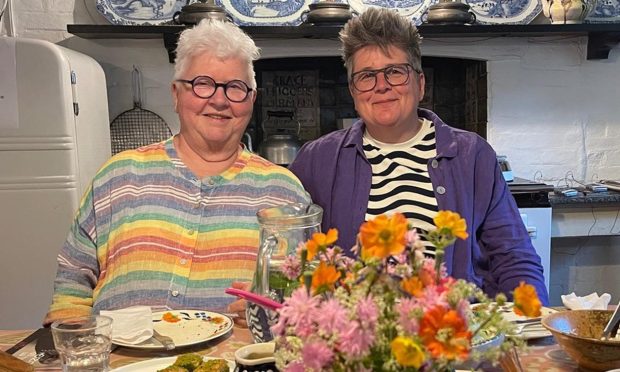
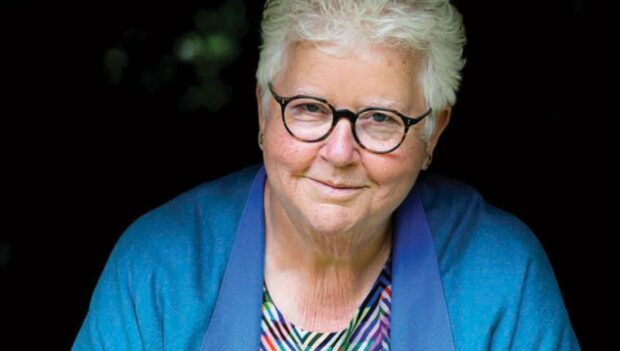
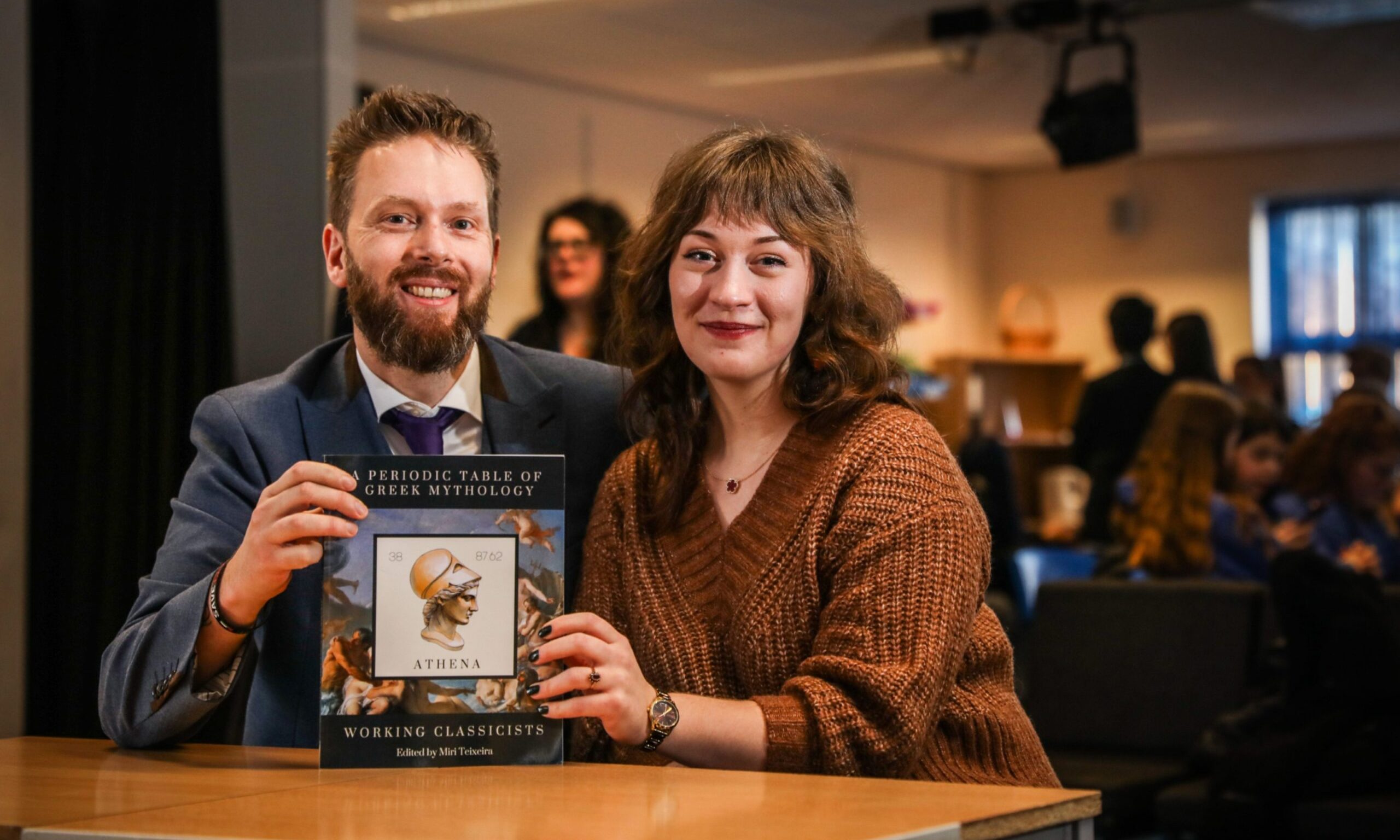

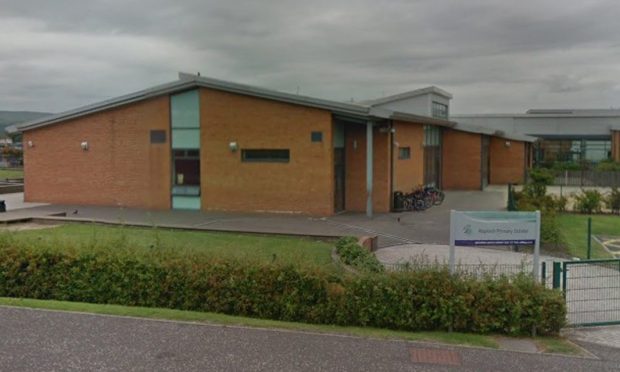
Conversation